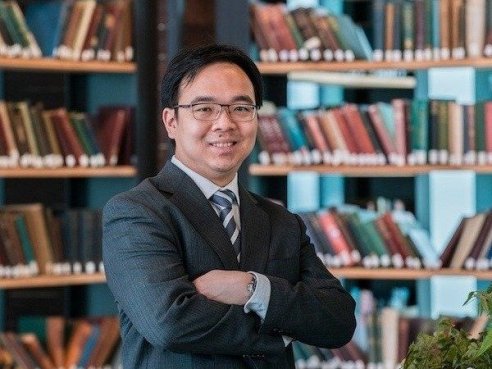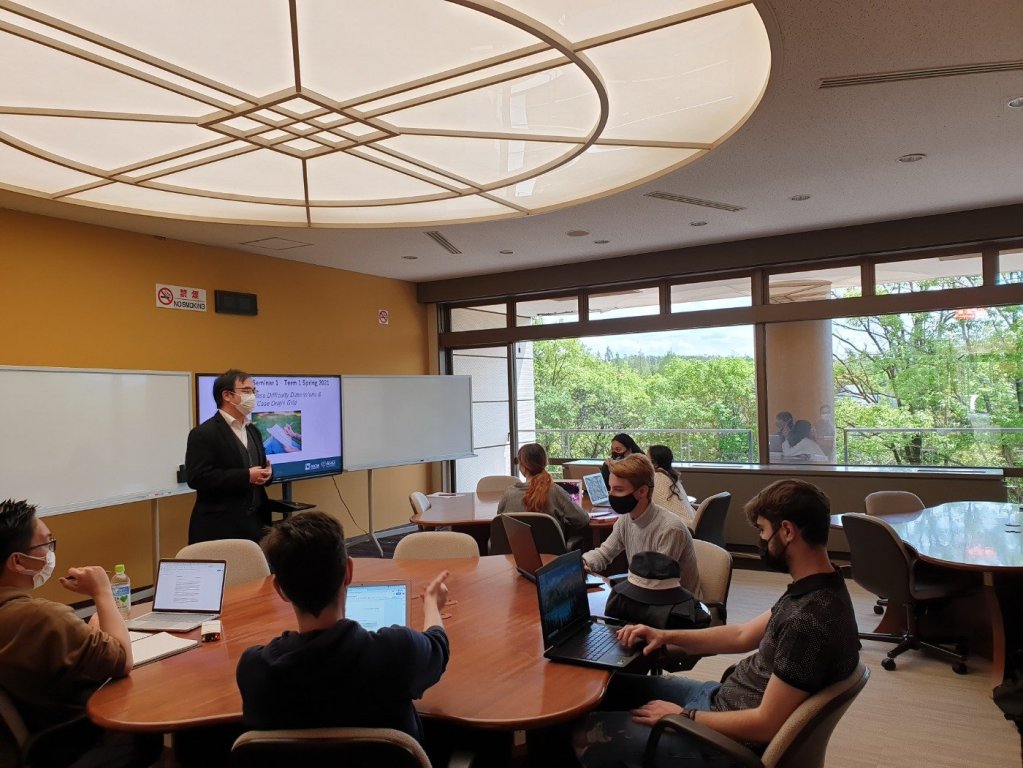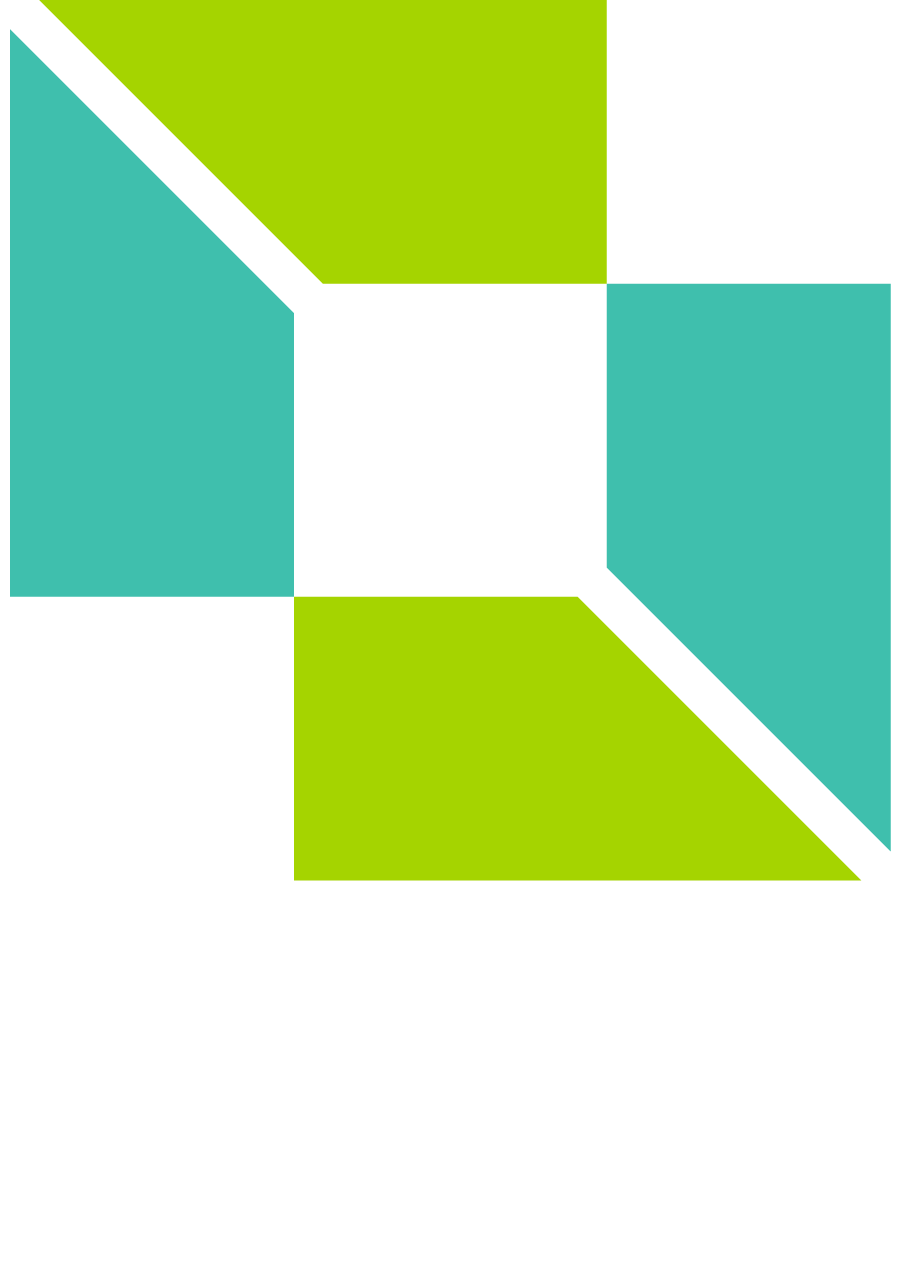Faculty Interview: Dr. Frendy

Dr. Frendy, PhD Nagoya University (Japan)
Today we are joined by Dr. Frendy, an associate professor at NUCB Graduate School of Management.
Dr. Frendy teaches courses related to Corporate Governance, Capital Markets, Auditing and Accounting.
He gained valuable industry experience working as an audit associate in KPMG, in Jakarta, Indonesia before completing both master and doctoral programs at the Graduate School of Economics, Nagoya University, Japan.
What courses do you teach at NUCB?
I teach courses related to accounting and financial analysis. The effective and efficient operations of international commerce depend on the trust and reliability of financial information that is produced by the accounting system. Students taking these courses will obtain technical, critical thinking, and research skill that is indispensable for those pursuing challenging and rewarding careers as corporate accountants, financial analysts, or auditors. Students with a high entrepreneurial spirit will also appreciate the practical use of accounting and financial statements literacy that is required to establish sustainable business start-ups.
What makes NUCB different?
Students taking courses in NUCB will be exposed to theories, concepts, technical knowledge, and analytical skills necessary to make decisions as leaders in a diverse and global business environment. Studying at NUCB will challenge students to combine their critical and strategic thinking, quantitative, and communication skills with the pressing issues of sustainability, diversity of ideas, professionalism, and ethics.
What advantages are there compared to traditional learning for finance and accounting based courses?
Case method courses in NUCB do not employ traditional exams to test understanding of the course materials. Instead, the freedom of the case method pedagogy allows each professor to tailor their course to better achieve the course’s learning objectives.
In my courses, I have employed various approaches to enhance students’ learning experience. For example, I have successfully integrated financial analysis simulation sessions from Harvard Business Publishing in my MBA and Global BBA Financial Analysis classes.
The simulation provides an interactive and fun outlet for students as they experience the transition from “understanding” to “applying” their understanding of financial analysis concepts and techniques using a real-world dataset. The students also appreciate the opportunity that the simulation provides to practice their leadership and communication skills when they exchange opinions and discuss the simulation with their colleagues.
Can you provide us some examples of what students would be tasked to do for your courses in the Global BBA Program?
First year students taking my Introduction to Accounting course are expected to actively participate in the class and group discussions. Students are also required to submit a weekly assignment on the upcoming case that will be discussed that week.
Throughout the course, students will participate in the Personal Financial Reporting Simulation (PFRS) which allows students to apply their accounting knowledge for their personal finance. At the end of the course, students are expected to generate their personal financial statements that demonstrate their understanding and practical application of accounting in a real-world situation.
What skills do you think are important to thrive in your courses? How does the Global BBA curriculum help them progress?
All the NUCB case method courses require students to observe facts and opinions presented in the case which requires critical thinking skills to analyze the case study and generate interesting discussion points.
As future business leaders and decision-makers, the understanding of accounting will be a valuable asset for students regardless of their future career aspirations to become entrepreneurs, corporate managers, analysts, or public service providers.
As a practitioner working for a large corporation such as KPMG, what do you think your experience brings to the classroom?
When facilitating the case discussion, I always strive to bring real-world business decision making perspectives based on my prior working experience.
For example, if a case discusses a particular accounting transaction from the perspective of the preparer or the business owner, I will challenge the students whether such treatment is acceptable from the perspective of auditors.
Although the case provides a good medium for students learning of realistic business environments; facilitators of case method courses play an important role in enriching the students' learning experience by sharing and integrating their own professional or academic knowledge into the class discussion.




 Download
Download
 Infosession
Infosession
 Application
Application
 Open Campus
Open Campus

